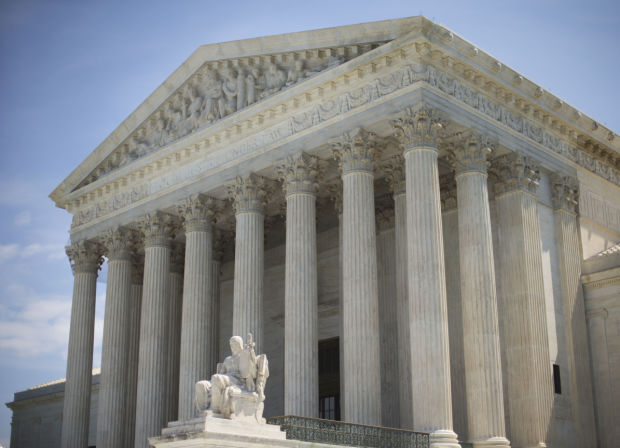PHOENIX — In a decision with statewide implications, the nation’s high court declined to overturn a ruling that cities can be sued when rezoning requests are denied after racially charged objections from neighbors.
Without comment the U.S. Supreme Court on Tuesday let stand a unanimous appellate court decision that developers are entitled to sue Yuma for rejecting their request that property be rezoned for more affordable housing.
Tuesday’s decision affects more than Yuma.
It essentially cements a March ruling by the 9th U.S. Circuit Court of Appeals. The presence of community racial bias can lead a court to find that a city council’s denial of a rezoning request was the result of “discriminatory motives,” even if there is no proof the council members held such views, the ruling said.
That allows the developers in this case to pursue their claim in federal court but also opens the door to similar lawsuits throughout Arizona when an affordable housing project is nixed amid neighborhood opposition.
The case involves 42 acres of undeveloped land in southeastern Yuma owned by Avenue 6E Investments.
When the company concluded that homes on 8,000-square-foot lots were not financially feasible, it sought a rezoning to allow for 6,000-square-foot lots.
The 9th Circuit ruling noted studies showing that the Hispanic population in Yuma was concentrated in several areas in the northern, western and central portions of the city. They also showed that substantially all of the available low- to moderate-income housing was located in that area and that more than 75 percent of households there were Hispanic.
By contrast, Anglo residents were concentrated in separate areas of the city where they made up more than 75 percent of the population.
This property is on the western boundary of what was, at the time, one of the white-majority areas.
Statements allegedly made to the City Council contained “code words consisting of stereotypes of Hispanics that would be well-understood in Yuma,” the 9th Circuit found.
“These people, neighbors complained, owned numerous vehicles which they park in the streets and yards, fail to maintain their residences, and lack pride of ownership,” Appellate Judge Stephen Reinhardt wrote for the 9th Circuit.
“They also allow unattended children to roam the streets (what some may call letting children play in the neighborhood),” the judge continued.
Developers presented a compromise for a transition area. But Reinhardt said that did not satisfy foes.
“Another landowner noted that it wold be a smooth transition in terms of lot size, but not ownership demographics, suggesting — at least to a reasonable juror — a change in racial composition,” he noted.
The result, the judge said, that was that the city council “took the highly unusual step of acceding to the opposition and overruling the recommendations of its zoning commission and planning staff.” This was the only zoning request the council denied of 76 considered over the prior three years.
The historical information about Hispanics largely being concentrated into three areas of the city, with whites in two other areas, presents a basis for developers to argue to a jury that the city’s denial “will have a disparate impact on Hispanics by denying them affordable opportunities to move into communities long dominated by more affluent whites.”
The appellate court also rejected the city’s argument that the zoning denial should be upheld because there were similarly priced homes in the general area.





